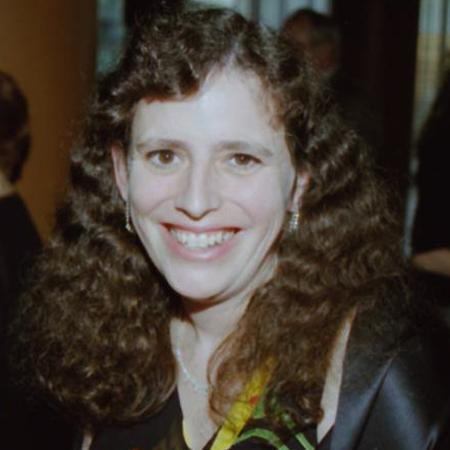Barbara Chapman Neuroscience Award
The Barbara Chapman Neuroscience Award provides support for one or more UC Davis neuroscience graduate student(s) to attend conferences, workshops, courses and formal or informal practical training or internship opportunities to advance their knowledge and skills applicable to their thesis research. This award will enable off-site educational and training opportunities for outstanding graduate students, outside of the standard scientific meetings to communicate their current research findings. The award may be applied to conference/workshop registration or course tuition, and travel expenses including airfare, housing and per diem.
Support the Barbara Chapman Neuroscience Award
About Barbara Chapman

Barbara Chapman, Ph.D. was an inspiring educator at the University of California, Davis and a leader in developmental neuroscience at the Center for Neuroscience.
Born on February 6, 1963, in Niagara Falls, New York, Barbara spent her childhood and adolescence in Hudson, Ohio, where she graduated from the Western Reserve Academy (WRA) in 1980 and was awarded the Harlan N. Wood prize, given to the senior whose “work and accomplishment was distinguished by exceptional effort and whose example has been of great value to academic morale.” In 2007, WRA awarded her the Edward E. Morley Medal for Scientific Achievement of an alumna. She received her bachelor’s degree cum laude from Harvard-Radcliffe in 1984.
Barbara received her Ph.D. from UCSF in 1991 and conducted postdoctoral training at the Max Planck Institute for Psychiatry in Munich and CalTech. As a graduate student with Dr. Michael Stryker, she studied the development of orientation selectivity in visual cortex, the effects of visual deprivation on cortical development and the organization of thalamic connections that establish orientation selectivity. Barbara continued to study the development of orientation preference as a postdoc with Dr. Tobias Bonhoeffer. As a postdoc with Dr. Scott Fraser, she extended her studies of neuronal development to the vestibular organ of the zebra fish.
She returned to San Francisco and married Lee Stone, her grad-schoolmate, at the Conservatory of Flowers in 1994. They had two daughters: Eliana in 2000 and Natalia in 2004.
In 1995, Barbara joined the faculty in the Department of Neurobiology, Physiology and Behavior and the Center for Neuroscience at UC Davis, where she rose to the rank of full professor in 2007. In addition to her research, she was deeply committed to graduate education and served both as the Master Advisor (2003–2006) and the Chair of the Neuroscience Graduate Program (2009–2012). She also co-directed the Cold Spring Harbor Laboratory summer course on "Structure, Function and Development of the Visual System" (2005–2011). She was the thesis advisor for Daniel Slutsky, Andrew Huberman, Colenso Spear, Samuel Failor and Zachary Davis and mentored postdoctoral fellows Imke Gödecke, Farran Briggs, Chao Sun and Sarah Karlen. Barbara was beloved for her kindness toward all students, her lack of pretense in the pursuit of excellence and her ability to instill her joy for science and discovery in others.
At UC Davis, Barbara’s research program made several seminal discoveries that revealed the roles of neural activity in the shaping of connections in the developing brain. Her research on the mammalian visual system provided key insights into the mechanisms that establish the precise neural mapping between the eyes and the lateral geniculate nucleus of the thalamus and revealed the role of retinal activity in the development of ocular dominance columns and binocular receptive fields within primary visual cortex. On February 11, 2013, Barbara passed away after a long battle with cancer. In honor of the outstanding contributions that Barbara made to neuroscience research, graduate and professional students and the university community, the Stone-Chapman Family, with the generous support from numerous donors, created the Barbara Chapman Neuroscience Award endowment.

